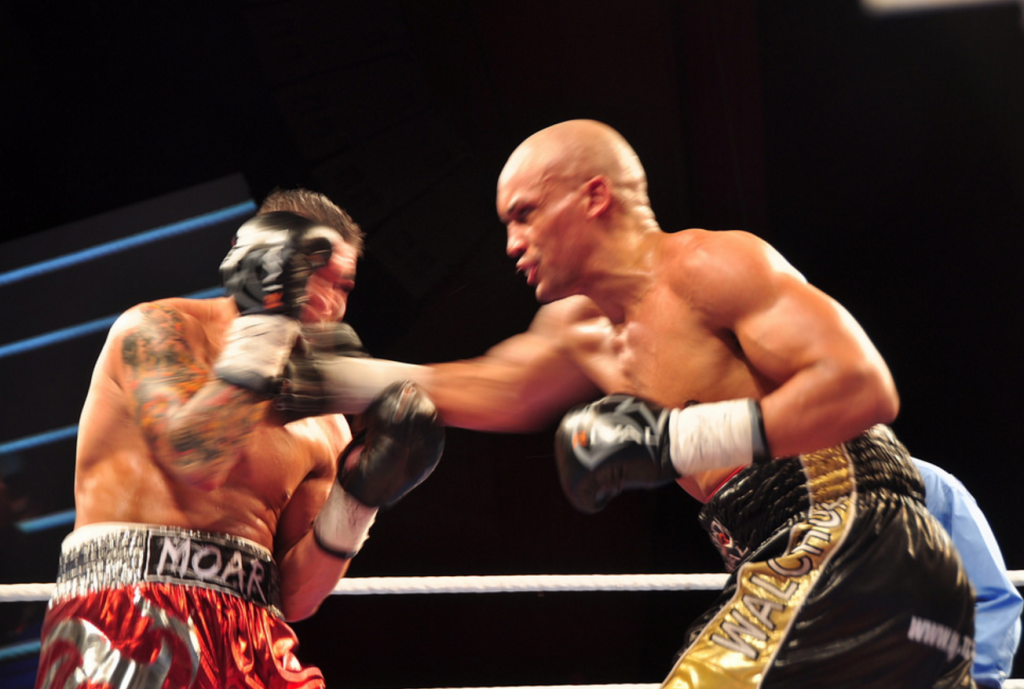
Two of the hottest social network startups have taken decidedly different turns in their fortunes. If we compare Snapchat and Blab we can tease out lessons for all of us when it comes to strategies for beating Facebook.
If I were a betting person, in 2014 I might have placed my bet on Blab over Snapchat to win in a fair race.
Blab, a live-streaming app, occupied a unique space. It solved a big problem — bringing groups of people together for a live video conversation in an extremely easy and user-friendly manner. You could also save the videos and upload them onto other platforms. Blab enjoyed rapid and early adoption by many influential people. And a critically important fact — it had access to a unique technology to make it happen.
On the other hand, Snapchat took a very long time to gain momentum (it launched in 2011). By rejecting a $3 billion takeover bid by Facebook, it immediately became a Zuckerberg target. And it didn’t own any significant intellectual property that Facebook couldn’t easily copy. (In fact a South Korean app called Snow is almost identical!). Snapchat doesn’t necessarily solve any unique industry problem like Blab — It had cool filters that made you look like a cat or throwing up a rainbow. Top social media influencers were slow to adopt the technology.
And yet, this week TechCrunch carried news about Facebook Live which sounds the death knell for Blab:
The platform will soon let you do two-person remote broadcasts, pre-schedule your streams and create a virtual waiting room for viewers and broadcast with MSQRD’s face masks.
So why is Blab in a death spiral while Snapchat is on a meteoric rise?
The key to beating Facebook?
When I consult with start-ups in the digital networking space, I look for three things:
- Does the new application solve a unique problem that is relevant to a large number of people?
- Does the company have intellectual property that can give them time to scale and fend off competitors?
- Does the company have access to capital and connections that will allow it to scale very quickly?
(For a great case study on how WhatsApp met these criteria, here is a superb case study)
Blab appeared to have a “yes” in all three areas, but it made a critical mistake. It could not stabilize the reliability of the platform for its biggest fans … power users with large captive audiences like Michael Stelzner, Joel Comm, and myself who were embracing Blab for business applications.
My friend Mike Allton put it very well when he recently wrote about the importance of momentum to Blab:
Blab, whether intentionally or not, rocked the confidence of the broadcasters and influencers most prominently using the network. The impact on the future of the network is not to be taken lightly. Social networks are often compared to parties or local pubs. No one goes out to be alone. You go to a party or to your favorite hangout to see your friends and have fun. That’s why influencers are so critical to the success of a network. They bring established audiences to the party! And when they leave … that can spell disaster.
Blab had so much potential. Many of us loved and supported Blab even through their technical disasters. But they could not rise above it and leverage that incredible power. It took too long to scale and Facebook took advantage of the vulnerability.
Now let’s look at the Snapchat side.
At its beginning, Snapchat could probably say “yes” to only one of my three key start-up questions. But it had an intangible that trumped everything: It built and sustained a deep emotional connection with its young users. Snapchat became their place. Facebook was for grandma. Snapchat was weird and wonderful and youthful.
And Facebook can’t beat that.
The battleground is hearts and minds, not bits and bytes
This is a significant lesson for every start-up in the digital space that might threaten Facebook. You’re probably not beating Facebook on engineering, resources, or speed. You may not even be able to beat them with patents. But you can beat them with emotion.
Blab turned its back on the powerful emotional support it earned. But Snapchat was smart enough to see that the emotional connection was their path forward and doubled-down on creating a fun and quirky platform … that always works.
If you look at their tech strategy, they have been slow to develop business-related functionality like stat dashboards, focusing on new users functionality to secure their niche.
Of course nothing is ever clean and straightforward. There were contributing complexities to the Blab saga and it is still limping along. But it is just a matter of time before Facebook Live adds every function Blab offered and then it will become a fond and distant memory like former social media hotspots Meerkat and Ello.
So that is my observation on the challenges of the social start-up scene. What do you think?
Illustration courtesy Flickr CC and martialartsnomad